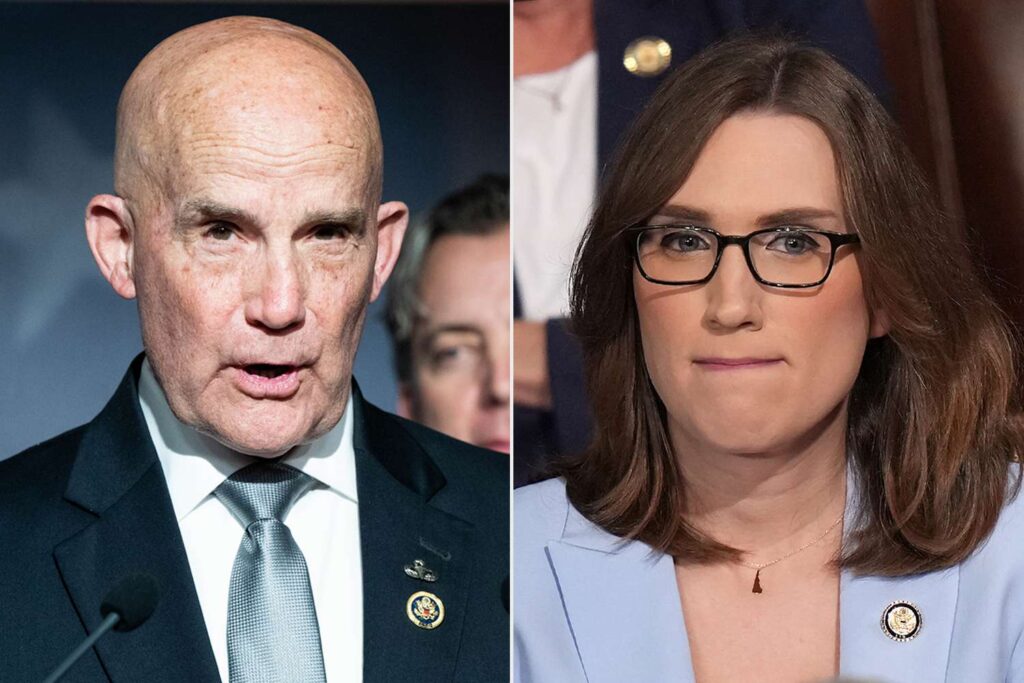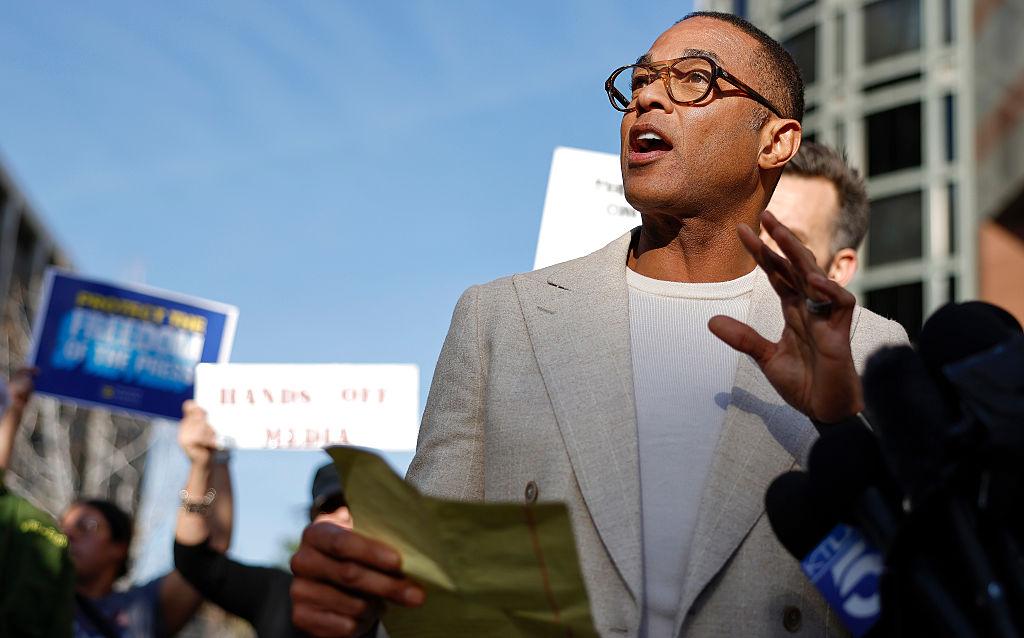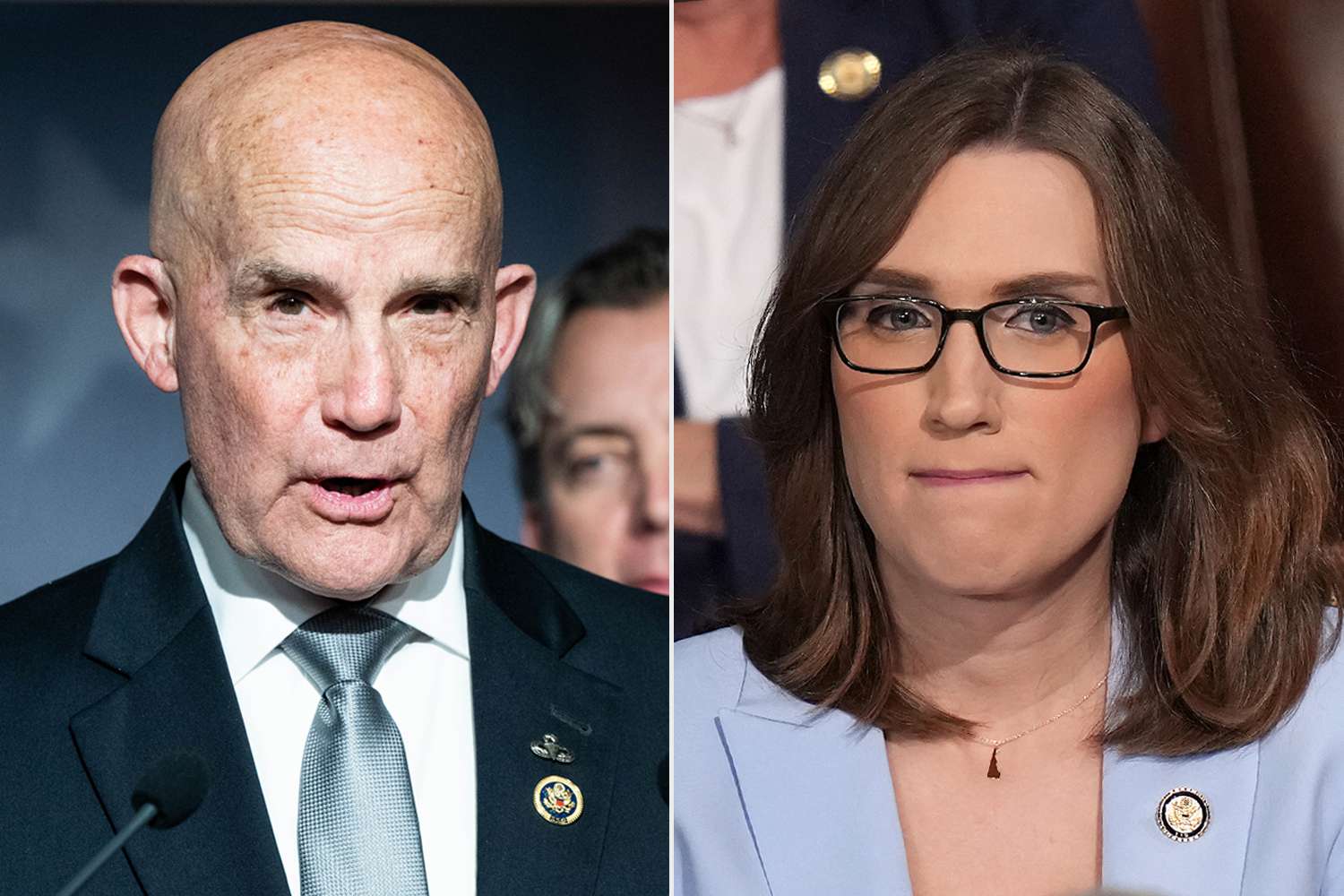
Keith Self and Sarah McBride
Whether President Donald Trump is smart is debatable, but when it comes to tapping into fear and division he’s a genius.
Trump recently issued an executive order instructing federal agencies to scrub certain words or phrases (there are 213…for now), from all government documents and communications. It’s part of a broader campaign to dismantle diversity, equity, and inclusion (DEI) efforts—programs the administration claims favor identity over merit. (It should be noted, however, that the order is cleverly worded “in official and unofficial agency guidance and in other documents viewed by The New York Times. Some ordered the removal of these words from public-facing websites, or ordered the elimination of other materials (including school curricula) in which they might be included.”)
Among the targeted terms are words long associated with fairness and dignity: “diverse,” “equity,” “inclusion,” “gender,” “transgender,” “non-binary,” “LGBTQ,” “climate,” “discrimination,” and “hate speech.” Their removal or restricted use marks a deliberate step away from acknowledging the lived experiences of millions of Americans.
And, as expected, Congressional Republicans are bending a knee and caving to the president’s wishes.
The New York Times reported that “A Republican lawmaker [Representative Keith Self of Texas], abruptly adjourned a congressional hearing … after being challenged for referring to Representative Sarah McBride, Democrat of Delaware and the first openly transgender lawmaker in Congress, as a man.”
“Mr. Chairman, you are out of order,” Rep. William Keating of of Massachusetts, the ranking Democrat on the subcommittee fired back. “Mr. Chairman, have you no decency? I mean, I’ve come to know you a little bit. But this is not decent.”
“Mr. Self said it was time to continue the hearing. But Mr. Keating refused to let go.
“‘You will not continue it with me unless you introduce a duly elected representative the right way,’ he said.”
The Trump administration frames this purge of language as a return to traditional values: merit, family, and freedom. But when the effort begins by erasing words tied to identity, fairness, and inclusion, the intent becomes clear—this is less about merit and more about control.
For those who support it, being “woke” means staying alert to injustice, standing up for equality, and confronting systemic racism where it exists.
However, critics interpret “woke culture” as something different: a climate where people hesitate to speak openly, worried their views may conflict with current thinking. They fear that honest dialogue is being replaced by the risk of being branded intolerant or morally wrong.
When thoughtfully implemented, DEI programs don’t undermine merit—they strengthen it. They work to strip away the hidden biases that keep qualified individuals from being seen, heard, or hired. They ensure that everyone, regardless of race, gender, or background, has a fair shot.
As for Representative McBride, she’s not looking to be the center of a cultural war. “She prefers to talk about economic issues and rarely discusses or calls attention to her identity. And she generally gives her G.O.P. colleagues the benefit of the doubt when it comes to dealing with her.”
At a time when acceptance of others is under attack—and words themselves are being stripped from our public language—it’s worth remembering: silence in the face of injustice is not neutral. It’s a choice. And history will remember who had the courage to speak out… and who chose to look away.
Comments











